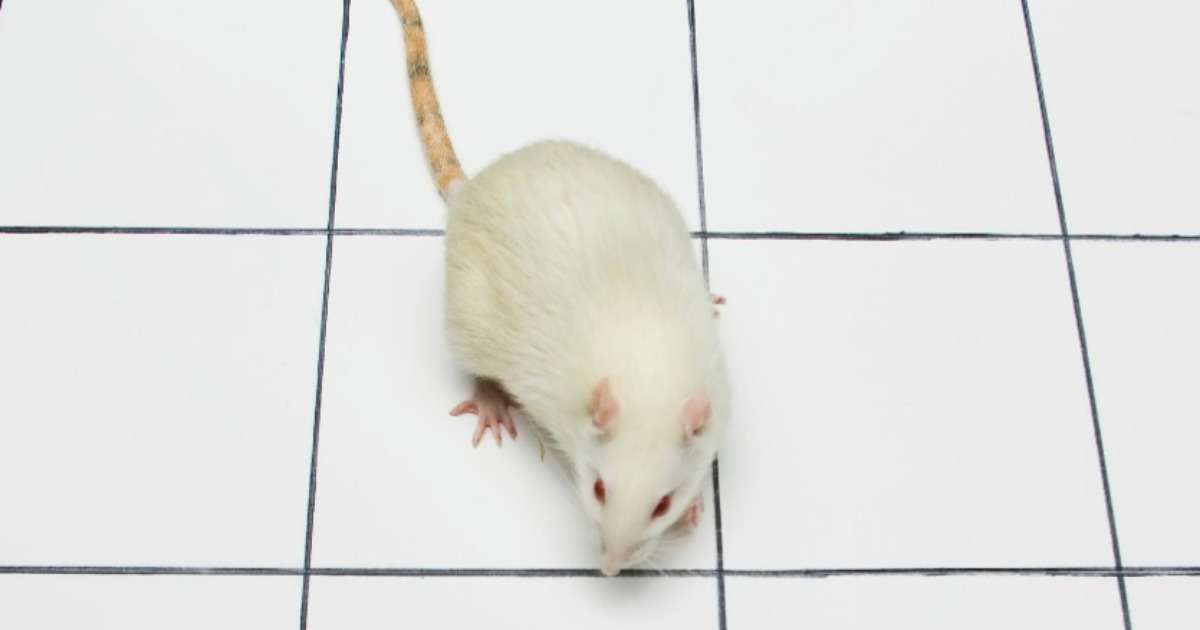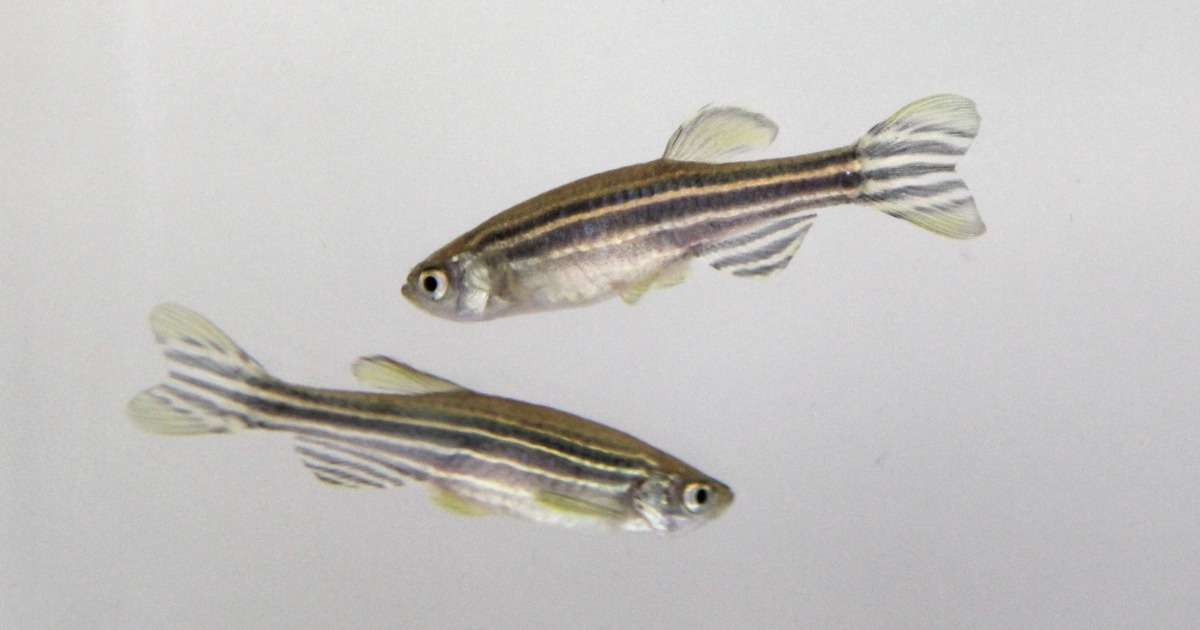
Brain waves and behavior: sleep to learn
To find out more about human and animal learning and memory, we might just have to go to sleep. Ahem – research on sleep, I mean.

How to find an animal model for obsessive-compulsive disorder (OCD)
We all show some form of compulsive behavior. I triple check to make sure I locked my car, knowing that it’s locked but still feeling the need. But what if compulsions, rituals, and repetition rule your everyday live?

Can a food preservative increase symptoms of autism?
Autism spectrum disorder (ASD) has a strong genetic component – a well-known fact. However, recent studies suggest that environmental factors, such as dietary ingredients, can cause exacerbation of the symptoms.

Walking in circles - the exploratory activity of Drosophila
Like rats and mice, fruit flies avoid open spaces and stay close to physical borders. In rats and mice this is caused by fear to be out in the open and preference for close contact with borders.

How to know if an animal is nauseated
Nausea is a prominent factor influencing the quality of life for patients undergoing chemotherapy. That is why it is useful to study the nauseating side effects of therapies or the anti-nauseating potential of drugs.

Zebrafish and withdrawal
Recent work done by Khor et al. (2011) looked at the effect of mitragynine on behavior in zebrafish going through withdrawal after chronic morphine exposure. The effects of Mitragynine on morphine-withdrawn zebrafish.

Three ways to test hallucinogens on zebrafish
Hallucinogenic drugs (psychedelics) have a growing significance in biopsychiatric research. Zebrafish are a popular animal model and seem highly sensitive to various drugs of abuse.

Bed bug behavior - What smell can tell
Bed bugs are on the rebound in developed countries. Traditionally, bed bugs are controlled with pesticides. However, traps with attractive human body odors are a promising alternative.

Three examples of swimming rats in traumatic brain injury research (TBI)
The Morris water maze and EthoVision, a validated solution to investigate learning and memory in rats and mice.

Behavioral assays establish zebrafish in drug screening
Zebrafish are increasingly swimming into the view of large-scale drug screening projects. Behavioral screens can be used as a first-line detection tool for new drug effects, and their popularity continues to grow.
